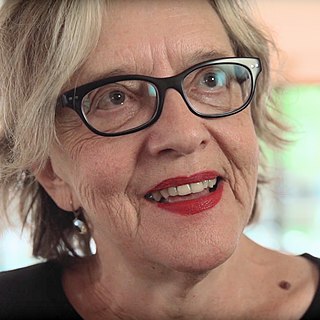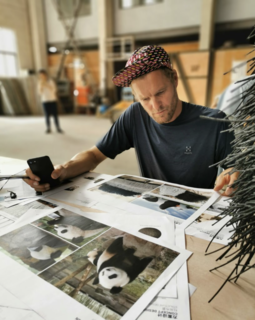A Quote by Bette Midler
Culturally, it's very hard to change people's attitudes about public space.
Related Quotes
When we really need to work hard to make sure that these ideas about constructive social change culturally, ecologically and politically, come to pass. And that's only going to happen if people support the leadership, because the same power structures are still in place, and it's not in their best interests to change.
Change is difficult and it takes time. It is hard for people to change their own behavior, much less that of others. Change programs normally address attitudes, ideas, and rewards. But the behaviors of people in organizations are also strongly shaped by habits, routines, and social norms. Real change requires new power relationships, new work routines and new habits, not just intent.
Architecture is really about well-being. I think that people want to feel good in a space... On the one hand it's about shelter, but it's also about pleasure. The intention is to really carve out of a city civic spaces and the more it is accessible to a much larger mass in public and it's about people enjoying that space. That makes life that much better. If you think about housing, education, whether schools and hospitals, these are all very interesting projects because in the way you interpret this special experience.
I have looked at public opinion polls in France in the late 1940s and early 1950s during the height of Marshall Plan aid. They had a very negative attitude towards the United States then. There were negative attitudes towards the United States because of Vietnam. There were negative attitudes about the United States when Reagan wanted to deploy intermediate range ballistic missiles. I don't think the president should base his foreign policy on American public opinion polls, let alone foreign public opinion polls.
For queer people, the personal is very political, just to talk about it in a public space. It's very political just to come out and take up that space and be like, 'This is my narrative. It's not an outsider narrative, and it's not a fetish narrative; it's just my story, and it's worth being told and listened to.'
Every public space is like a billboard, with messages from the collective subconscious of the nation. There one can read passivity, rage indifference, fear, double standards, subversion, bad economy, a twisted definition of 'public' itself, the whole Weltanschauung - an entire range of emotions and attitudes is exposed.
I took my job for Nickelodeon very seriously, and back then, it wasn't certainly as big of a network as it is now, culturally, and people my age didn't know much about it. But I loved my time there. I really put everything I had into doing 'Guts,' and it actually taught me a lot about how to work really hard.




































